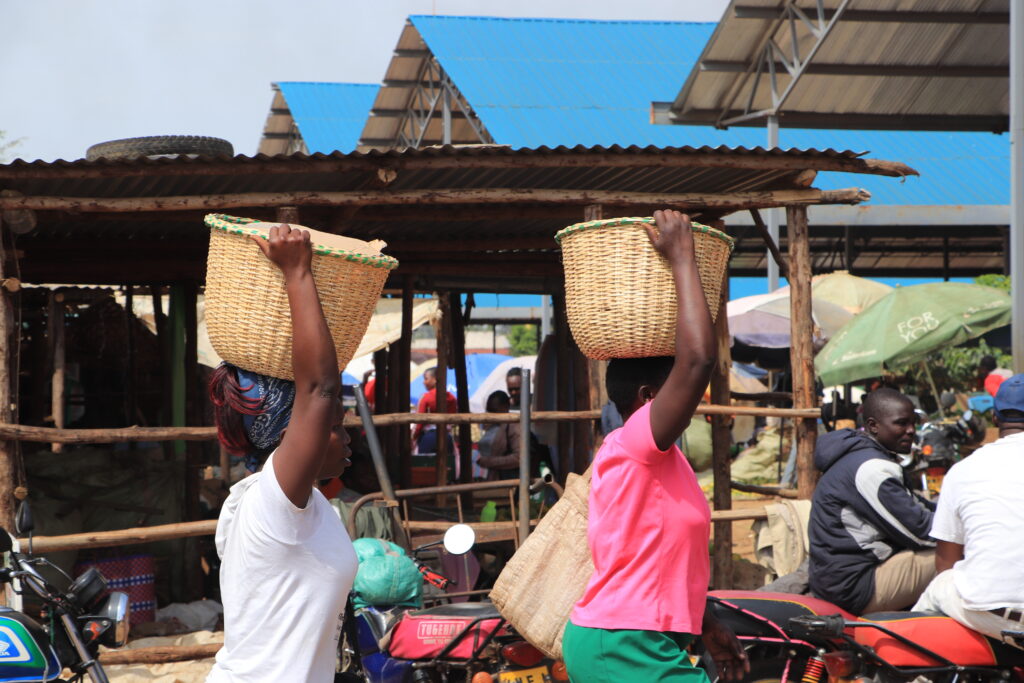Kisumu
Learn more about Kisumu's food system below
City overview
Kisumu County, located in Kenya on the banks of Lake Victoria, faces significant challenges, including high poverty rates, inadequate infrastructure, and a high disease burden. However, the city is undergoing a resurgence in trade and tourism, aiming to become an investment and tourist destination. In recent years, Kisumu has made progress in reducing childhood undernutrition, but the issue of dietary related diseases arising from overnutrition is on the rise. Rapid urbanisation also poses a challenge in feeding the growing population, and informal settlements still experience a high prevalence of severe acute malnutrition among children. In response, the county has implemented several initiatives, such as farmer field schools and aquaculture programmes, to enhance food safety, security, and nutrition education. Through the AfriFOODlinks project, the city aims to tackle some of its food system challenges, including access to healthy and affordable food, urban agriculture and land use, market management, and malnutrition.


Kisumu's food system ambitions as part of AfriFOODlinks
• Food and Nutrition Security: Aspects relating to access to healthy and affordable food and malnutrition, especially childhood stunting.
• Urban agriculture and land use
• Market management
Programmes in place
• Urban food system and farmer field school programme: The Food and Agricultural Organisation (FAO) trained community-based coaches (CBCs) on food safety and security.
• Aquaculture Business Development Programme (ABDP): Promoting fish farming amongst the rural poor households in Kisumu.
• Child Health and Mortality Prevention Surveillance Network (CHAMPS): A research-based network aimed at finding the major causes of child mortality for children below 5 years.
• Healthy Food Africa Project: A research and innovation project supported by the European Union to promote nutrition education and the production of safe and quality food amongst informal settlements.
• Kenya Climate Smart Agriculture Project (KCSAP) in conjunction with Aquaculture Business Development Program (ABDP): Promotes indigenous poultry and fish production per household.
• Advancing Nutrition (USAID project): Trained 40 nutrition champions selected from all sub-counties represented.
• Agriculture Sector Development Program (ASDSP): The goal is to contribute to the transformation of crop, livestock, and fisheries production into commercially oriented enterprises, thus promoting sustainable food and nutrition security in Kenya.
Challenges
• Food and nutrition insecurity: Lack of access to healthy and affordable food, and food production in the county is not diversified.
• Food safety: Inadequate storage facilities and lack of training on food safety measures along the food supply chain.
• Poor infrastructure: Lack of proper access to markets and information.
• Market management: Unregulated marketing systems.
• Food waste: High level of food waste at the city’s primary dumpsite.
• Urban agriculture and land use: Low adoption of new technologies and high costs of agricultural inputs.
Achievements
• Multi-stakeholder governance: Through collaboration by various programs using the multisector platform, different stakeholders are getting involved in the food system network in Kisumu.
• Access to healthy and affordable food: City households are adopting kitchen gardening, complemented by the county government’s implementation of various projects, such as the Dairy Development Centre.
"Relevant county and city departments are currently working not only on food production, but on all elements of the broader urban food chain, including markets, informal vendors, transport and storage facilities, among others." - Abala Wanga, Kisumu City Manager
Status of food and nutrition security
- Access to healthy and nutritious food, especially for children
- Strong informal sector
- Multi-functional centres that improve food security and provide community resilience Improved circular economies
